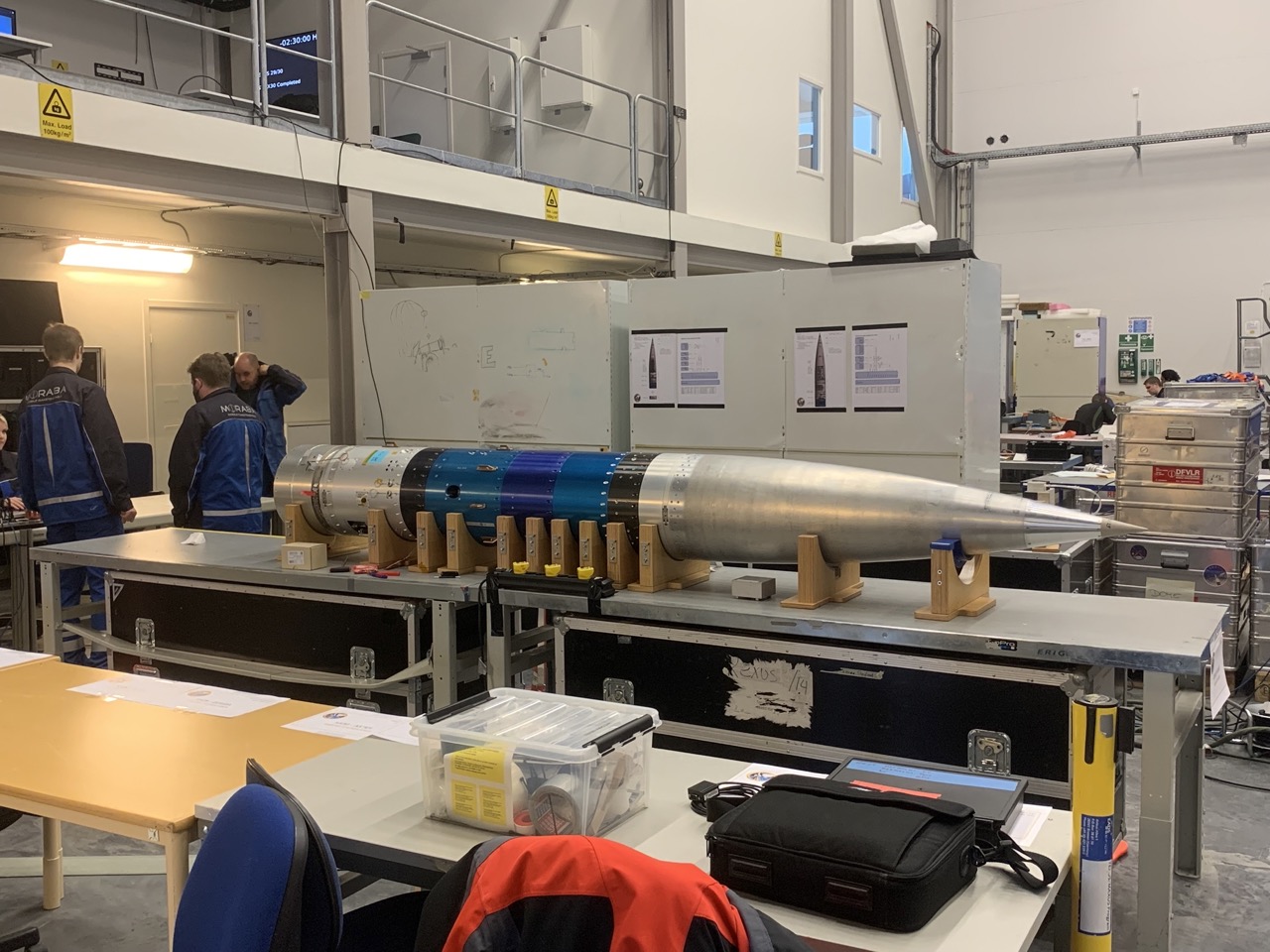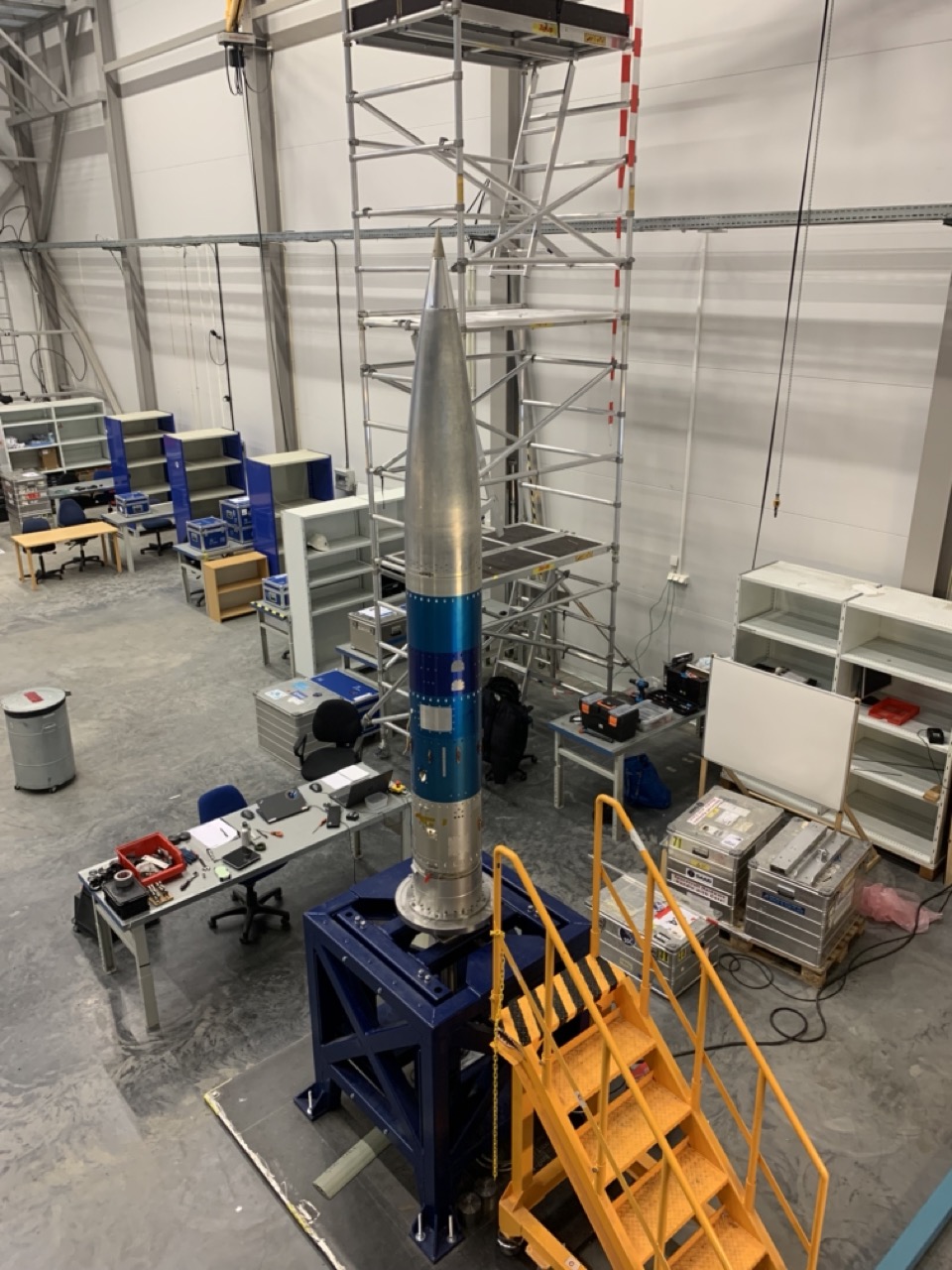On 29 March, a first attempt will be made to launch REXUS 30 from Esrange Space Center. Shortly thereafter the second rocket within the campaign, REXUS 29, will be launched from the base. REXUS/BEXUS (Rocket/Balloon Experiments for University Students) is an educational program between the German Aerospace Center (DLR) and the Swedish National Space Agency (SNSA) that allows students from universities and higher education colleges in Europe to carry out scientific and technological experiments.
The two rockets scheduled for launch this week will have a total of nine experiments within different research areas, including studying the Earth’s magnetic field, test the current hypothesis on the mechanisms of icy moon plumes, and see if spinning fibers in microgravity is possible. And more.
“The REXUS/BEXUS program has a long tradition of many past missions at Esrange Space Center, the first one launched from the base in 1995. The program shows its great value by allowing students to design and conduct their scientific and technological experiments within a proven experimental near-space platform with experienced personnel close at hand. This is advanced research of great benefit to the space industry, and it allows these future stars to take the next step in their development as space professionals,” says Armelle Frenea-Schmidt, Manager for the REXUS/BEXUS Program at SSC.
The REXUS/BEXUS program is a product of the bilateral Agency Agreement between the German Aerospace Center (DLR) and the Swedish National Space Agency (SNSA). The Swedish share of the payload has been made available to students from other European countries through a collaboration with the European Space Agency (ESA). For this campaign, these countries include Universities from Germany, Romania, Norway, and Sweden (but 12 nationalities are represented within the student teams!).
“After all reviews and work during the campaign, I am confident that the experiment will be successful. Though I doubt that I will have a lot of sleep before tomorrow. Our team is composed of members that complement each other very well. Some team members are not at Esrange this week but have been preparing our check lists and procedures for the campaign, making us feel that we are all together to enjoy the launch tomorrow,” says Marci Galbács, KTH (Stockholm, Sweden).
EuroLaunch, a cooperation between SSC and the Mobile Rocket Base (MORABA) of DLR, is responsible for the campaign management and operations of the launch vehicles. And during the project, experts from DLR, SNSA, SSC, ZARM and ESA provide technical support to the student teams.
Due to extra operations on REXUS 30, we are currently running the Test Countdown but won’t proceed to launch on the 28 March, which was originally planned. We are now aiming for a launch on the 29 March.
Follow the countdown on Twitter: www.twitter.com/SSCspace
Livestreamed launch on Youtube: www.youtube.com/@SwedishSpace/streams
For more information, please contact:
Philip Ohlsson, Head of Communications at SSC
+46 (0) 707 21 70 26, philip.ohlsson@sscspace.com





